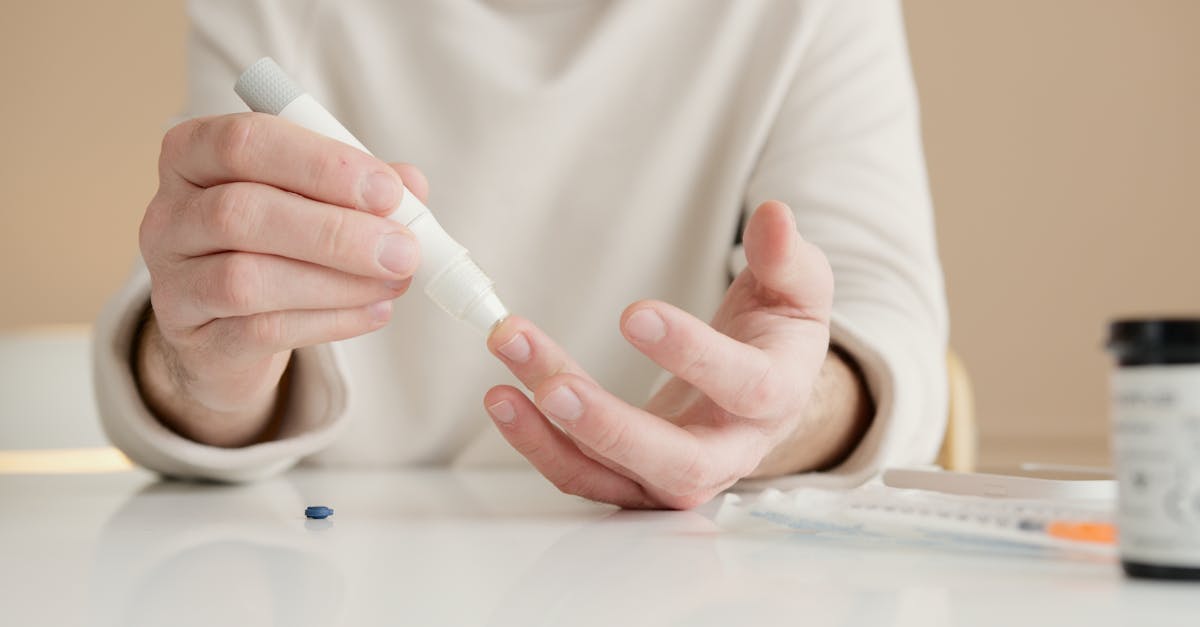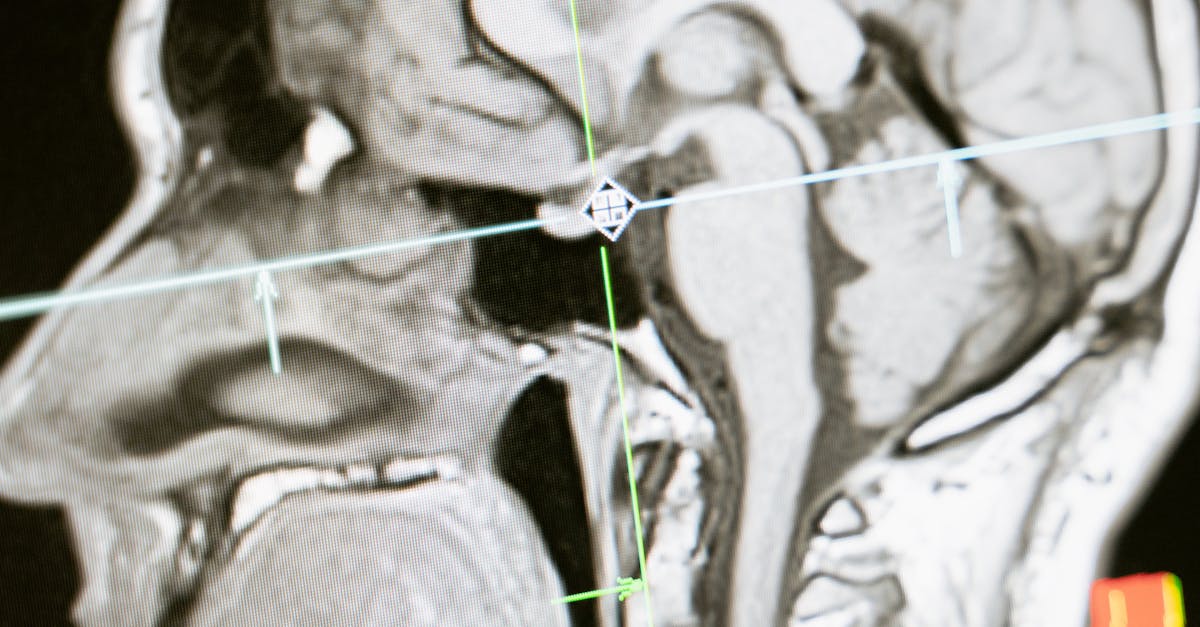10 Benefits of Regular Physical Activity for a Longer Life
Introduction
Regular physical activity isn't just about staying in shape; it's a cornerstone of a healthy, long life. The importance of exercise spans physical, mental, and emotional well-being. Understanding these benefits can motivate individuals to incorporate activity into their daily routines.
Advertisement
Improved Cardiovascular Health
One of the most significant benefits of regular physical activity is enhanced cardiovascular health. Exercise strengthens the heart, improves circulation, and reduces risk factors like high blood pressure. A strong heart pumps blood more efficiently, decreasing the likelihood of heart attacks and strokes.
Advertisement
Boosts Mental Health
Exercise is a powerful tool for improving mental health. Physical activity releases endorphins, known as the 'feel-good' hormones, which elevate mood and reduce feelings of depression and anxiety. Regular exercise also enhances sleep quality, aiding overall mental well-being.
Advertisement
Weight Management
Maintaining a healthy weight is crucial in preventing chronic diseases and prolonging life. Regular physical activity burns calories and builds muscle, which helps regulate body weight. It also aids in digestion and boosts metabolism, further contributing to weight management.
Advertisement
Strengthened Musculoskeletal System
Engaging in strength-training exercises helps increase bone density and muscle strength. This is especially important as we age since it can prevent conditions like osteoporosis. A strong musculoskeletal system reduces the risk of falls and injuries, enhancing longevity.
Advertisement
Enhanced Immune Function
Physical activity boosts the body's immune system, making it more efficient at warding off infections. Moderate, regular exercise encourages the circulation of antibodies and white blood cells, essential components of the immune system. This can lead to fewer colds and illnesses.
Advertisement
Lowers Risk of Chronic Diseases
Regular exercise reduces the risk of developing chronic diseases such as type 2 diabetes, cancer, and heart disease. It helps manage blood sugar levels, lowers bad cholesterol, and increases good cholesterol. These factors are pivotal in reducing long-term health risks.
Advertisement
Promotes Brain Health
Engaging in regular physical activity supports cognitive functions and brain health. This includes improved memory, focus, and a reduced risk of neurodegenerative diseases like dementia. Exercise enhances the flow of oxygen and nutrients to the brain, supporting its overall health.
Advertisement
Social Connections and Emotional Benefits
Physical activity often involves group activities or classes, fostering social connections. Being part of a community or team boosts emotional well-being. The motivation and interaction derived from group activities can lead to more engaging and fulfilling exercise sessions.
Advertisement
Conclusion
In conclusion, regular physical activity plays a vital role in extending life and improving its quality. From enhancing heart and mental health to reducing the risk of chronic diseases, the benefits are countless. Incorporating exercise into your daily life can lead to not just a longer, but also a healthier and happier life.
Advertisement


